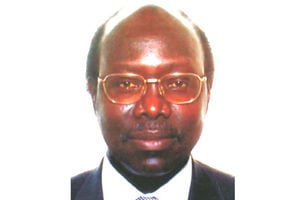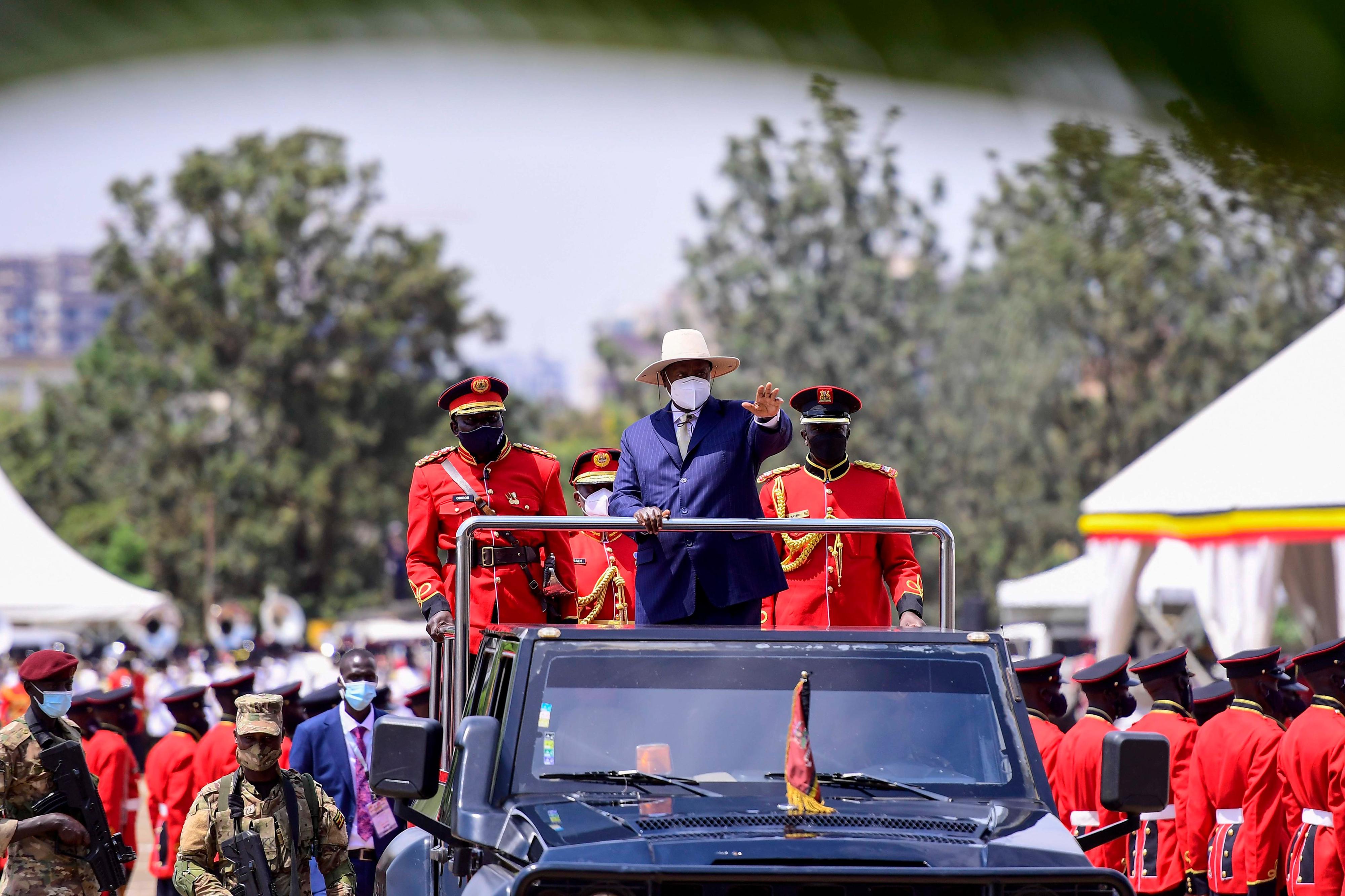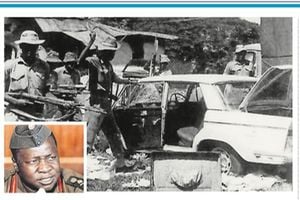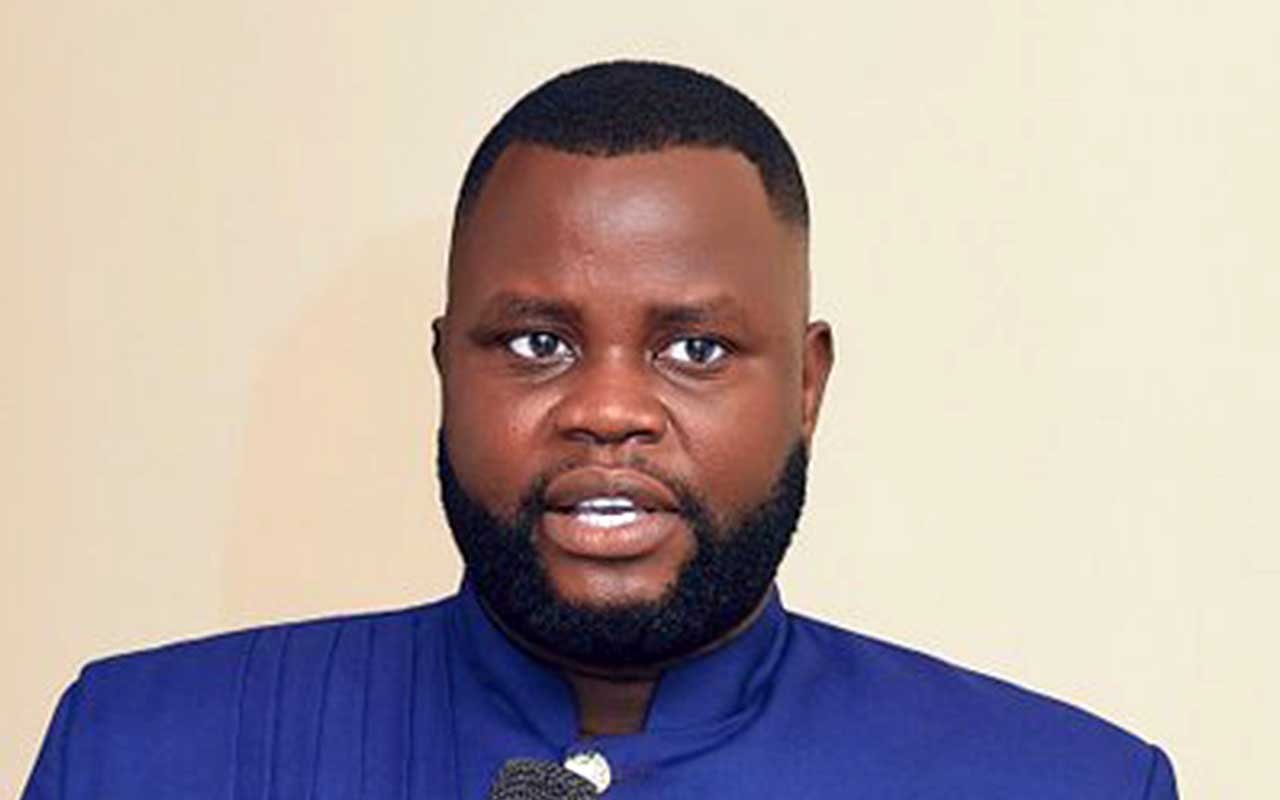
Forum for Democratic Party (FDC)’s Waswa Birigwa. PHOTO/ FILE
How old were you in 1962?
I was 14 and I was very lucky because I happened to have been raised in Katwe (a suburb in Kampala), so I walked to Kololo Airstrip where the Union Jack was to be lowered for the last time in Uganda at midnight. Everybody was excited.
I witnessed the arrival of Governor Sir Walter Coutts and that of the Duke and Lady Kent, who were representing the Queen of England.
I also saw the arrival of the Kabaka (Edward Frederick Muteesa II) who was to be declared the president – although without much power.
When the Union Jack was lowered and the Uganda flag went up, what a sight!
What an excitement! Uganda had acquired the mandate to take care of her own affairs.
Of course, after the euphoria things went downhill and culminated in Col. Idi Amin taking power.
President Amin was brutal, but at the same time, he cared a lot about the citizens of Uganda.
He was a nationalist – I think probably one of the best we have had. He changed a lot, including bringing the economy into the hands of indigenous Ugandans.
However, his brutality saw many intellectuals lose their lives. We can debate about exactly who did what, but nonetheless, we lost a lot of people and many able people fled into exile.
After Amin there were the years of 1979 to 1985 …
After the (December) 1980 elections, the loser decided to go to war and the country dissolved into total anarchy.
The rest is history because we were a nation in name alone. Everything, including the economy and social fibre, had collapsed.
After 1962, where did we take a wrong turn? What did we miss?
The mistake we made is that we did not recognise the indigenous institutions of the country.
By 1962, there were about 15 nations in Uganda, like Buganda Kingdom, Bunyoro Kingdom, and others. These were not consulted on how Uganda should be organised. (Prime Minister Apollo Milton) Obote brought republicanism, saying we cannot grow as a nation if we are clustered into kingdoms.
I believe I made a mistake of not recognising what these institutions could bring to Uganda. They were abolished and all hell broke loose. We eventually lost out as a country.
Do you think our Independence is a sham?
As I see it now, we removed the British and got half-baked Ugandans to lead us. There was Amin, but then we also got those who thought they were ‘educated and understanding.’
Now, we have the regime of (President Yoweri) Museveni. I am not sure if we are better off than we were when the British were ruling us.
We had better systems then. Institutions were working and were respected. There was no nepotism to the extent that we have it today, corruption hardly existed, and the hospitals and roads in Kampala City were well maintained.
Statistics reveal that the youth make up a huge percentage of the population. What does Uganda have in store for them?
It saddens me that after 62 years, my country cannot take care of its children, even those who are qualified in various fields. We do not have a plan for these children.
We do not have industries to speak of (that can employ some of them). It is not yet Uhuru. We are only independent in words, but when I look at the future of the youth, it is bleak.
At some point we were more prosperous than some nations in the Far East. Why do you think the country is failing to rise up, even almost 40 years after the last civil war?
Our governance was messed up. Some of these guys believe they are the only ones who have got answers to our country, and they do not want to relinquish power.
The armed forces are ruling us. We live in a junta and unless we rise up and say this is for all of us …
I run this small place (Nature’s Green Beach Resort) and I pay 26 different taxes. You have heard of traders saying they cannot make any profits in this economy. When the government takes our money and informs us of taxes, what does it give us in return? Maybe good sleep? But, we cannot eat or sleep. We are really stuck.
How do you advise the young people to get involved in the governance of their country?
It is their time. I would be happy and sit back if the young people took over. They need to rise up and take control.
We need a new constitution that is going to take into consideration what has happened to us and where we want to go as a country in the next 62 years.
The leader we have at the present moment is one man with a vision. His not vision, not the country’s vision.
If he were to vacate (that position) there would be a huge vacuum, which would create many power centres, some of them armed.
DRather than having one man to continue deciding for us, we need to have a dialogue, some kind of national consensus on how we want to be ruled and how to take our country forward.
In your view, how should we take the country forward?
If we continue with the trajectory we are in, we are going to break up into small entities and it will be hard for us to bring this country together again.
We need to go back to the drawing board and decentralise and let the different states take care of their business.
For example, God has endowed Bunyoro Kingdom with oil, but they are only going to get 10 percent of the proceeds.
The kingdom should get much more than that and decide how they want to use those funds to develop their area according to their needs.
This is not tribal, by the way. Different areas have different priorities.
The Nation of Buganda may wish for economic empowerment while in Karamoja, the most pressing need is education.
These different areas should have their own local laws drafted according to their needs and culture, rather than taking on something left to us by the colonial government.






